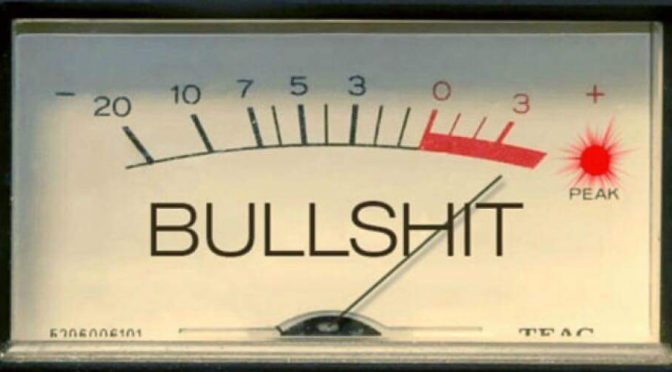In today’s era it’s fairly well established that everyone understands the importance of a suspension of disbelief. Long ago it was a bit less likely that someone would be compelled to stop reading or watching a story in the middle because of their lack of belief. The reason for it is fairly simple: most fiction at one time was thought to reflect the real world and how it works. Even the most fantastic of stories from those eras was, in part, believed to be representative of the world as it was. The earliest plays to feature gods and monsters were telling stories from the religions of the era. Works like Dante’s Inferno were, at the very least, thought to be a theory into what the afterlife might actually have been. And Shakespeare, while pushing some boundaries and making up some shit as he went (particularly words), was generally writing about events that everyone believed could happen – witches included.

So it often gets overlooked that suspension of disbelief, in its current form, is really a fairly new concept in the grand scheme. Sure, there was always a need for the audience to believe irrational behaviors, but the scenarios were generally plausible. This really applied to almost everything, no matter how silly or believable it may sound to us in the modern day. Two families bitterly feuding with each other and tearing young lovers apart? Happens all the time. Zeus getting frisky with a village girl in the shape of a bull? According to the things people used to believe…apparently that happened all the time too. So what we have as “suspension of disbelief” today is not necessarily what they used to have in the days of yore.
And this is a problem for writers and even audiences because that means, at times, it’s hard to gauge just when suspension of disbelief is going to become an issue. It’s especially true in speculative fiction genres that push some limits because we often find that audiences will reject something even after they’ve accepted something far less mundane. We’ve all encountered a situation where someone will believe that a character can fly, but then seemingly become irrationally upset with how believable another element of the story happens to be. As you’ve likely heard before, “you believe that man has superpowers, but this is where you draw the line?”
As far as suspension of disbelief is concerned, you would think that the more ridiculous premise would be the part rejected, not the more mundane aspects. For a long time I couldn’t quite reconcile these concepts myself. But recently something clicked for me that hadn’t in the past as I came to realize that there was something other than suspension of disbelief at play here. Because it’s ostensibly part of the idea of “suspension of disbelief”, it often gets overlooked as being something of a distinct phenomenon. It’s the root cause of those weird moments where someone will believe in a talking dragon but not in a character’s actions.
I call it… Continue reading Monday Musing: Beyond “Disbelief”


